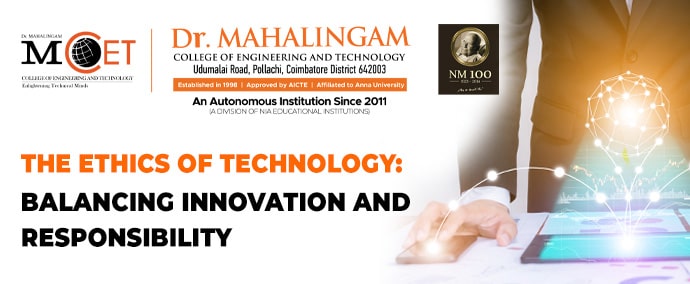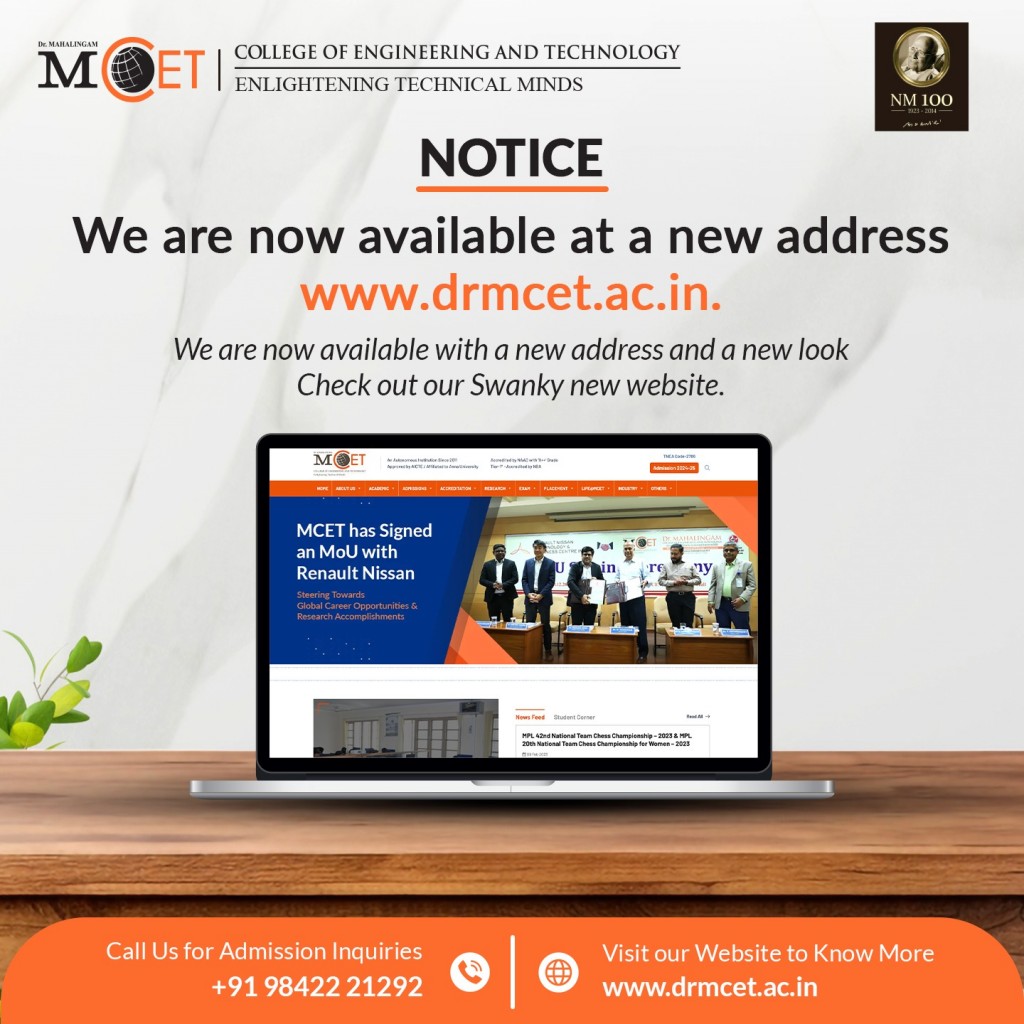In today’s digital age, technology has become an integral part of our lives. We rely on technology, from smartphones to social media, for communication, entertainment, and even our daily routines. As we continue to innovate and push the boundaries of what is possible with technology, we must also be responsible for its impact on society.
What Does Ethics of Technology Mean?
Technology ethics is a field of study that deals with the ethical implications of the development and use of technology. It considers the various aspects of technology, including digital rights and safety, ethical innovation, and the impact of technology on our lives. Technology ethics encompasses a wide range of topics, from how we protect our data to how we regulate online communication. To ensure that our use of technology is ethical and safe for everyone involved, it is important to understand what technology ethics means and why it’s important.
The Risks and Benefits of Technology
Technology has brought many benefits, such as improved healthcare, increased access to education, and enhanced communication. However, it also comes with risks like cyber-attacks, job displacement, and social isolation. The ethical implications of these risks and benefits must be considered to ensure that the benefits outweigh the risks.
Impact of Technological Advance on Human Rights and Social Inequalities
Technology has been a driving force of social change, and its impact on human rights and social inequalities cannot be understated. As technology advances, it can create opportunities for progress in human rights and social justice and exacerbate existing disparities.
The implications of technology on human rights can be seen in various ways. Digital inequality is one such example, where those without access to the internet or other digital tools are further restricted from accessing information or resources that could help them improve their lives. Additionally, the power dynamics between those who have access to the latest technologies and those who don’t can lead to increasing levels of exploitation and marginalization for certain groups in society.
It’s clear that technological advancement has brought about drastic changes in our lives – but it’s equally important to consider how these advances have impacted our fundamental human rights and the levels of inequality present in our society today.
Privacy and Data Ethics
Privacy and data ethics are critical concerns in the digital age. Technology has enabled unprecedented access to personal information, and it is essential to protect this data to prevent misuse and abuse. Companies must adhere to ethical data collection and use practices, including obtaining informed consent and protecting data from unauthorized access or misuse.
Do Industries Hire Hackers?
Ethical Hacking can be defined as the Hacking of computers done with permission. Ethical Hacking is a process of finding vulnerabilities in a computer system to gain unauthorized access and perform malicious activities. These activities range from deleting system files to stealing sensitive information. However, hackers are often hired by renowned software companies to hack into their systems/servers to find vulnerabilities and weak endpoints so that they can be fixed. This practice is followed by almost every software company to take precautionary measures against legitimate hackers who have malicious intent. Such people, who hack into a system with permission without any malicious intent, are known as ethical hackers, and the process is known as Ethical Hacking.
Information Technology at MCET
As technology advances at an unprecedented rate, it’s becoming increasingly important for professionals in the Information Technology field to understand the complex ethical issues that arise in this industry. That’s why studying Information Technology at MCET is crucial for aspiring IT professionals who want to impact the world positively. At MCET, students will learn about various ethical issues, from privacy and security concerns to the implications of artificial intelligence and automation. They will examine case studies demonstrating the real-world consequences of unethical behavior in the tech industry and explore strategies for promoting ethical decision-making.



